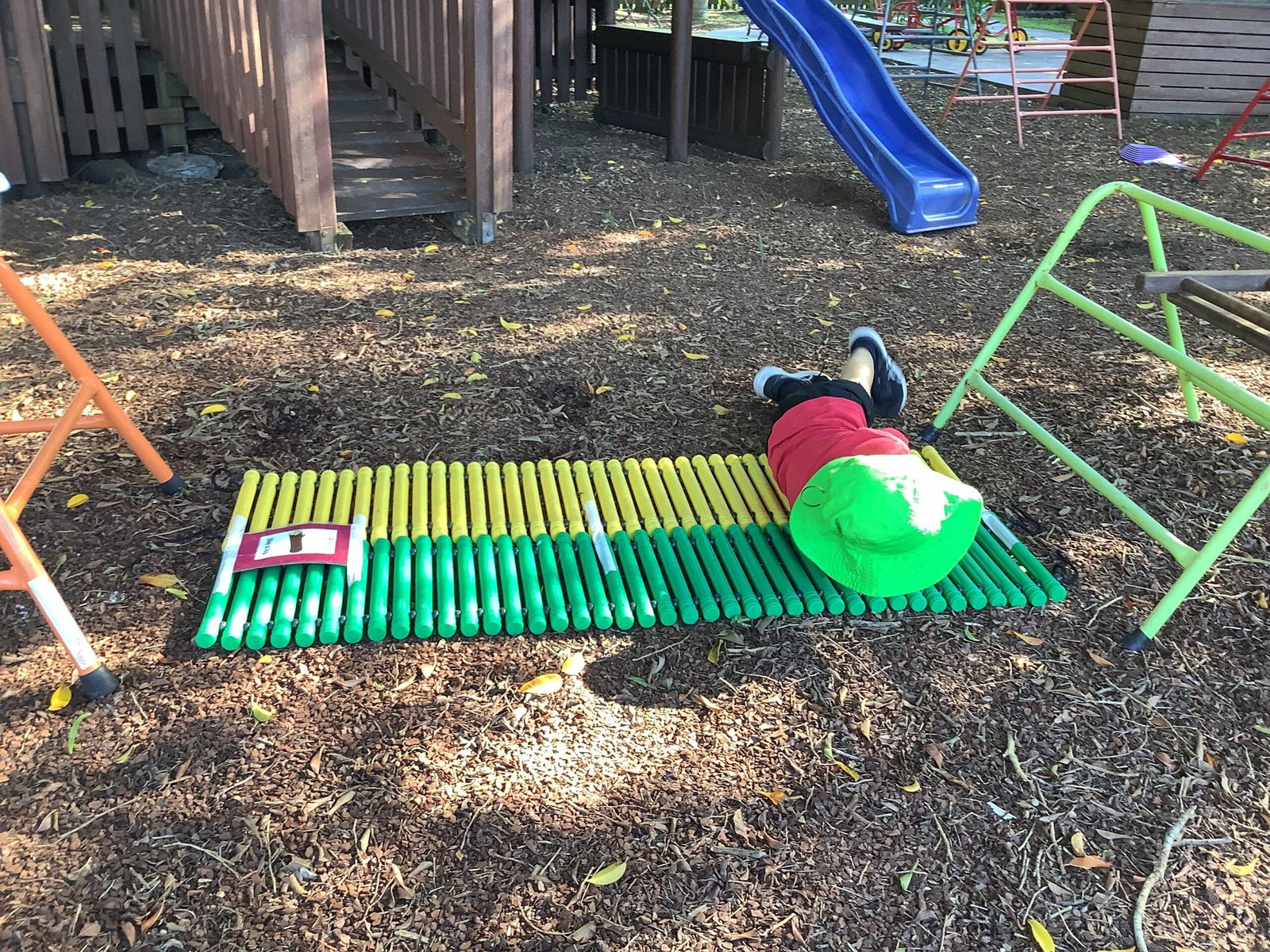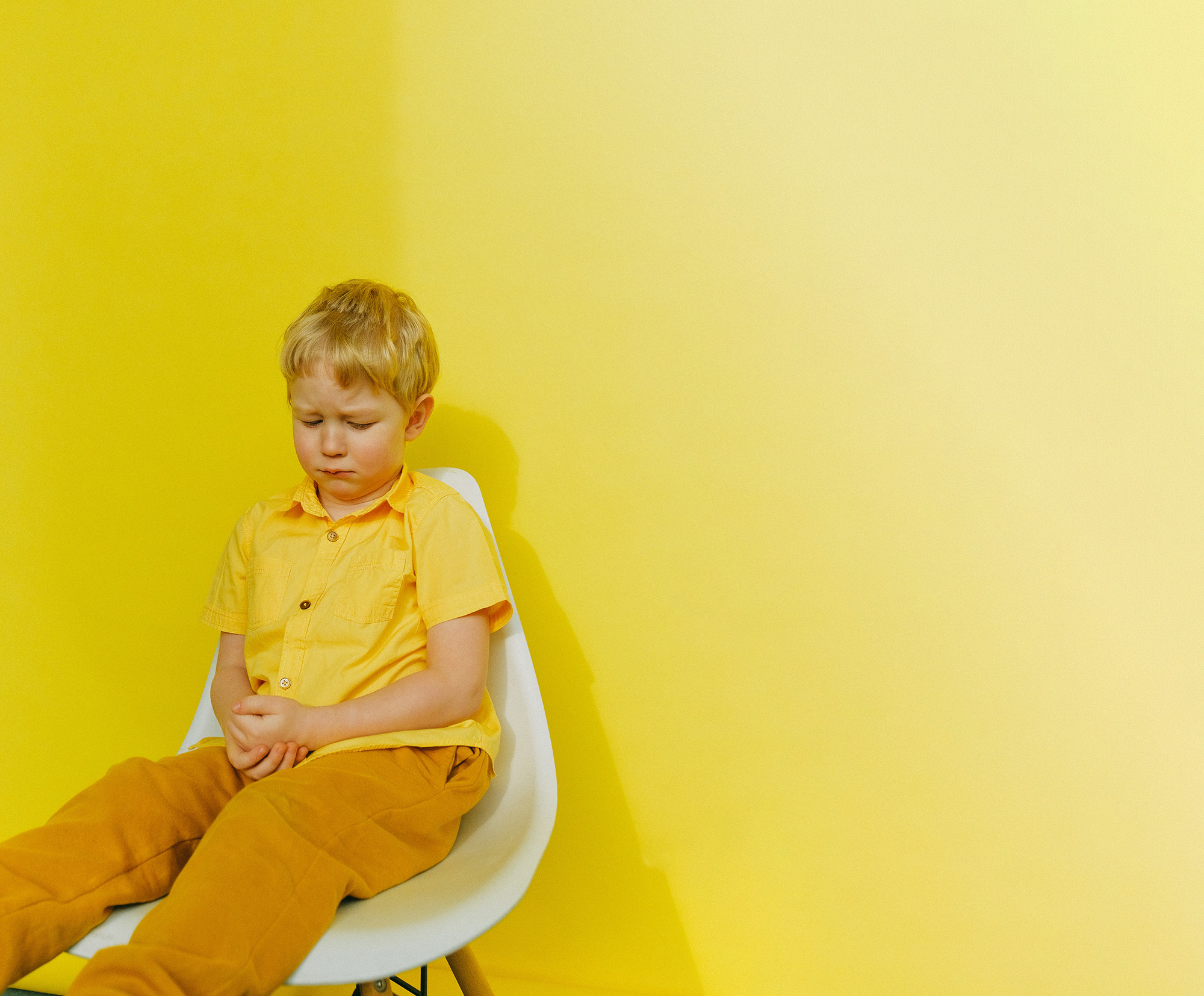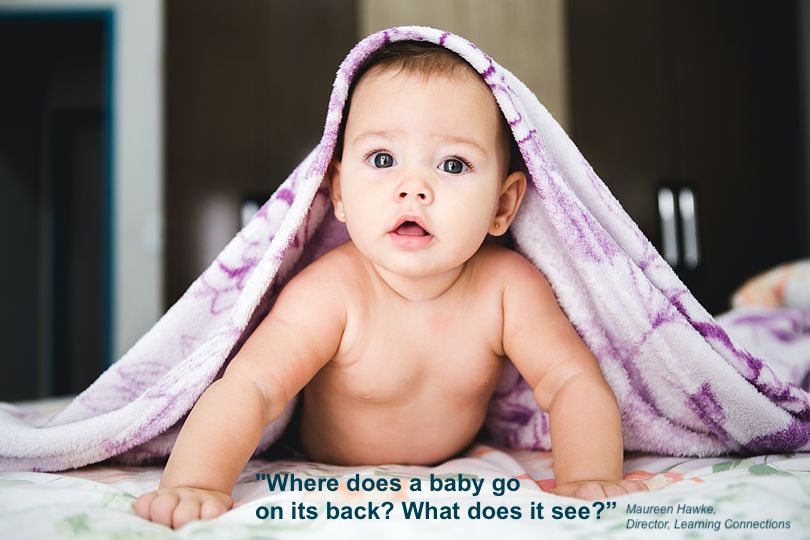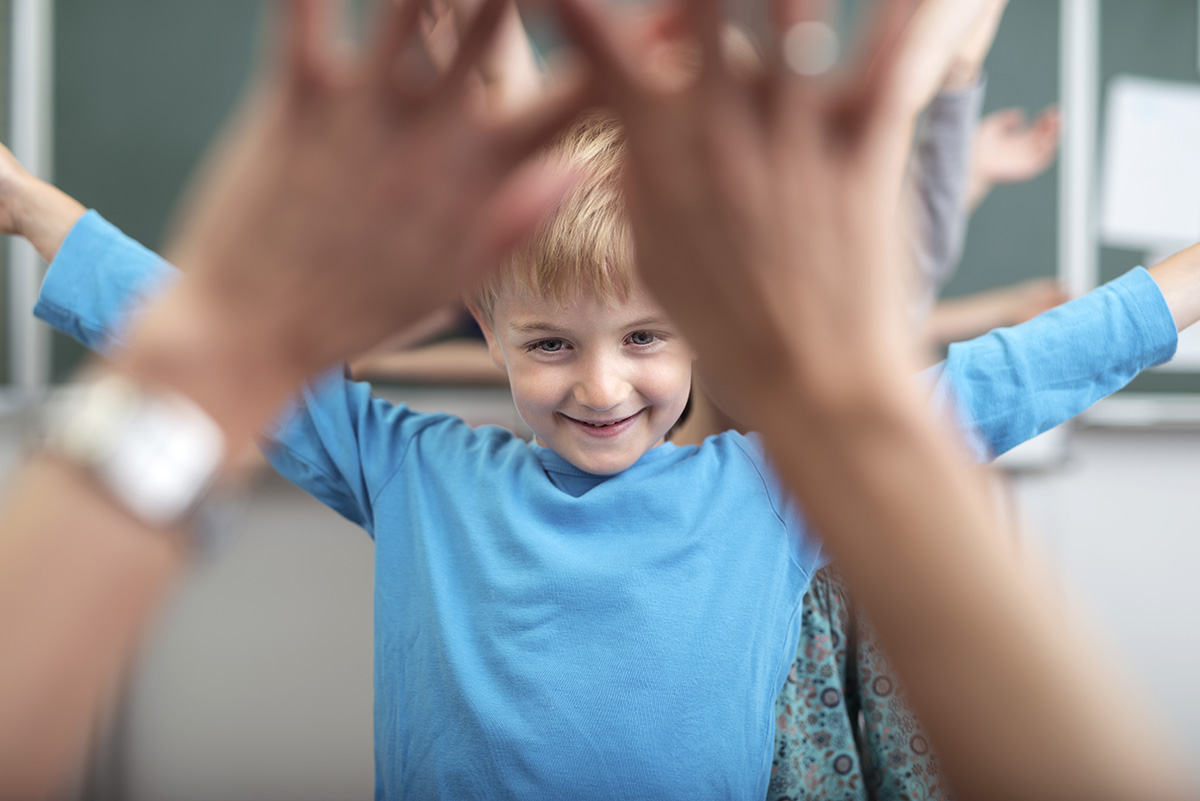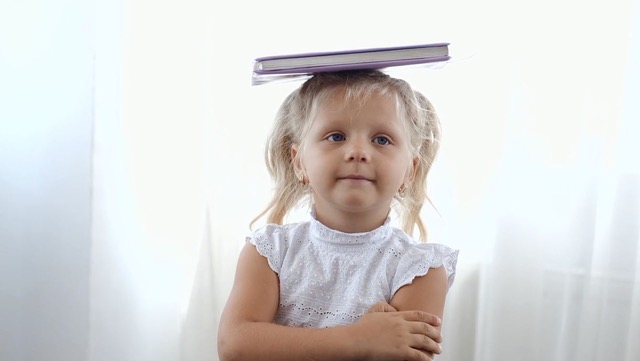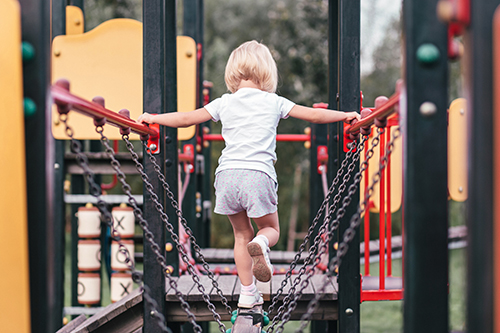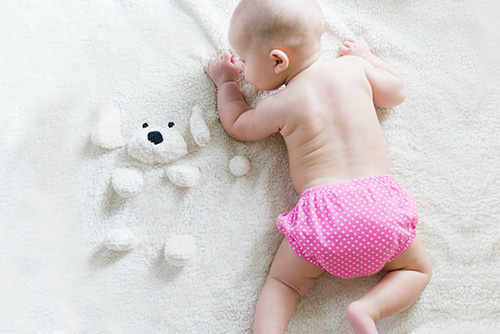Embedding Learning Connections into the Kindergarten Day
How Lady Gowrie Bucasia Community Kindergarten Helped a “Zoomy” Boy Settle, Focus, and Thrive At Lady Gowrie Bucasia Community Kindergarten, Community Director Dorisina Penola has spent over 30 years helping children learn through play. But in recent years, like many educators, she noticed more children starting Kindy with challenges in self-regulation, attention, and focus—skills they need to succeed…
Read article
